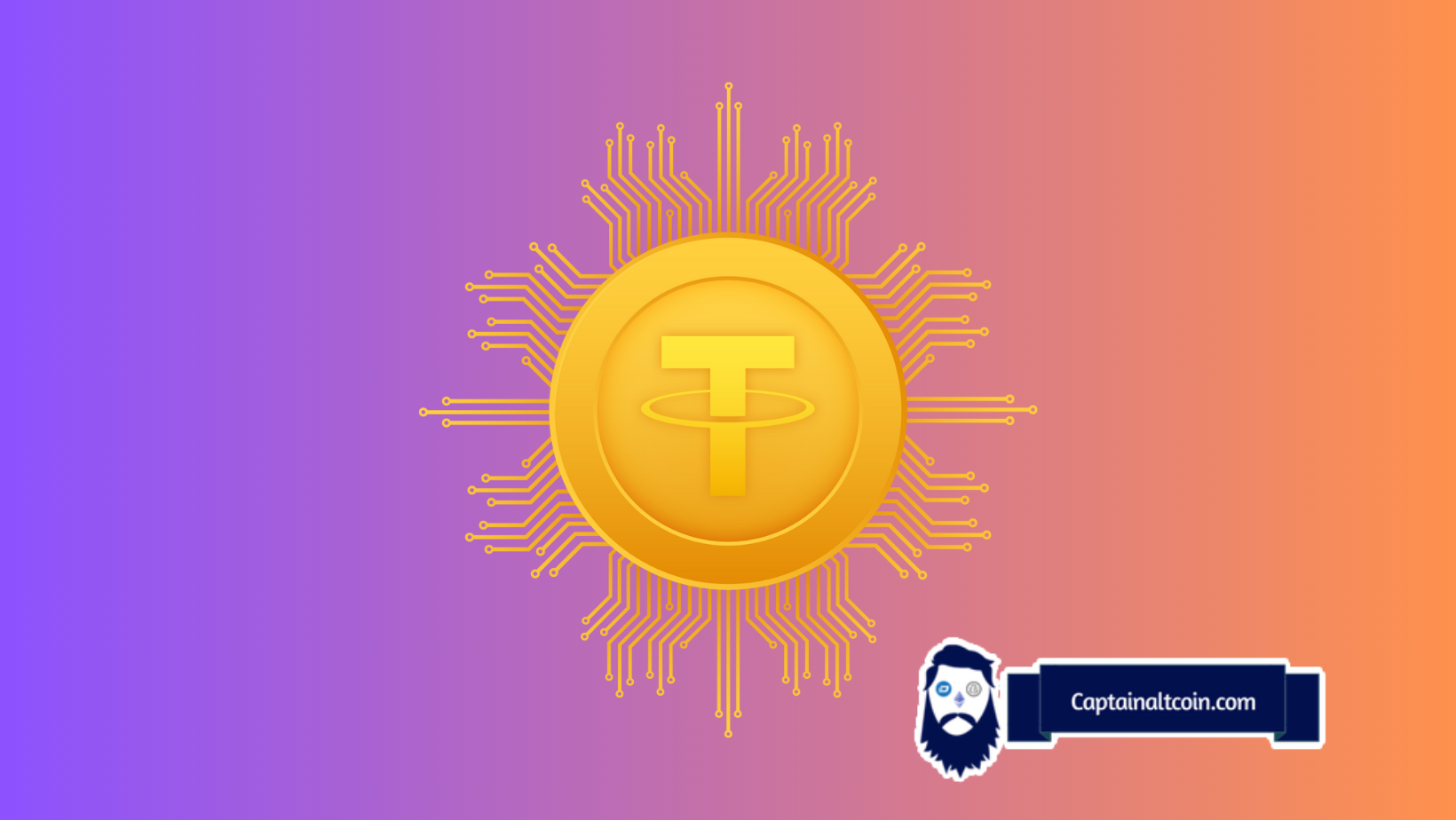
Tether (USDT), the world’s leading stablecoin, has been a significant player in the cryptocurrency market since its inception in October 2014. With a market capitalization of $72 billion, Tether has mostly maintained its peg at $1. However, there have been instances when this peg has failed, causing the value of USDT to fluctuate significantly.
Tether’s primary appeal lies in its low volatility, ease of use, and relatively stable reference price. It is backed by an assortment of assets, and certain customers can redeem Tethers for small amounts of actual dollars. Despite its efforts to maintain a $1 price at all times, liquidity cascades have occasionally caused the price of USDT to deviate from its peg. Notably, Tether’s peg once dropped to $0.001 and even skyrocketed to $1,000.
The history of Tether’s peg has seen several significant events. For instance, on December 30, 2017, USDT traded at $10 per USD on EXMO. The next significant de-pegging occurred on October 15, 2018, when USDT traded at $0.87 per USD on Bittrex. On the same day, USDT traded at $0.51 per USD Coin (USDC) on Poloniex. The most extreme deviation occurred on May 11, 2019, when Tether traded at $1,000 per USD on Kraken.
However, concerns about Tether’s reserves corresponding to the circulating amount of tokens have cast a shadow over its credibility. On October 15, 2018, amid negative sentiment and an apparent sell-off of Tether tokens, the cryptocurrency dipped below the $1 mark. This event was followed by a report stating that Tether and Bitfinex, the exchange responsible for issuing the tokens, had parted ways with Noble Bank in Puerto Rico, further fueling the uncertainty.
Despite the controversies, Tether has continued to issue new tokens. However, the lack of a third-party audit to verify Tether’s claims of having the necessary fiat reserves to back all circulating tokens has been a significant point of contention. The launch of new stablecoins by reputable service providers, such as Paxos and Gemini, has increased the pressure on Tether to prove its transparency and reliability.
In summary, while Tether has played a crucial role in the cryptocurrency market, its future will largely depend on its ability to maintain transparency and trust among its users. As the crypto market continues to evolve, it remains to be seen how Tether will adapt to these changes and whether it can uphold its position as the leading stablecoin.






